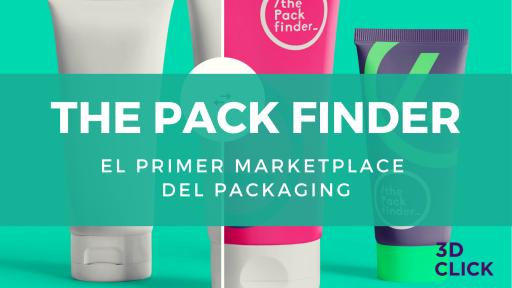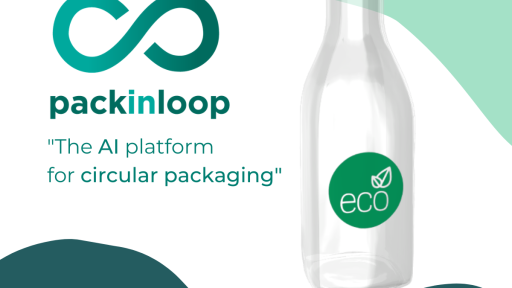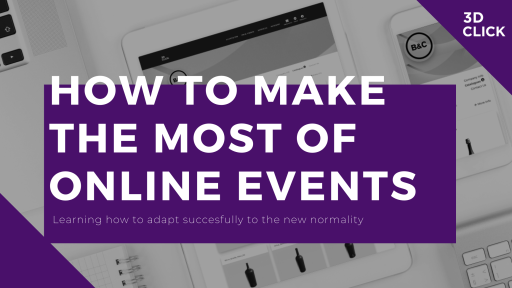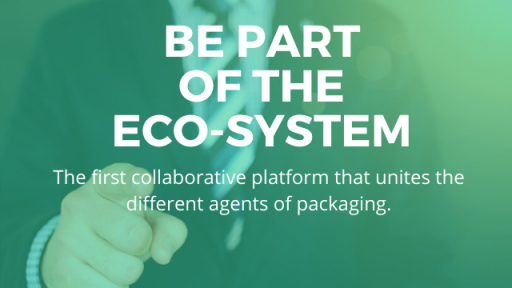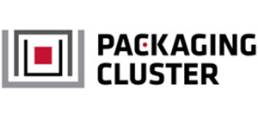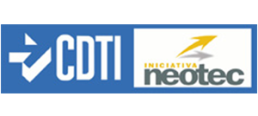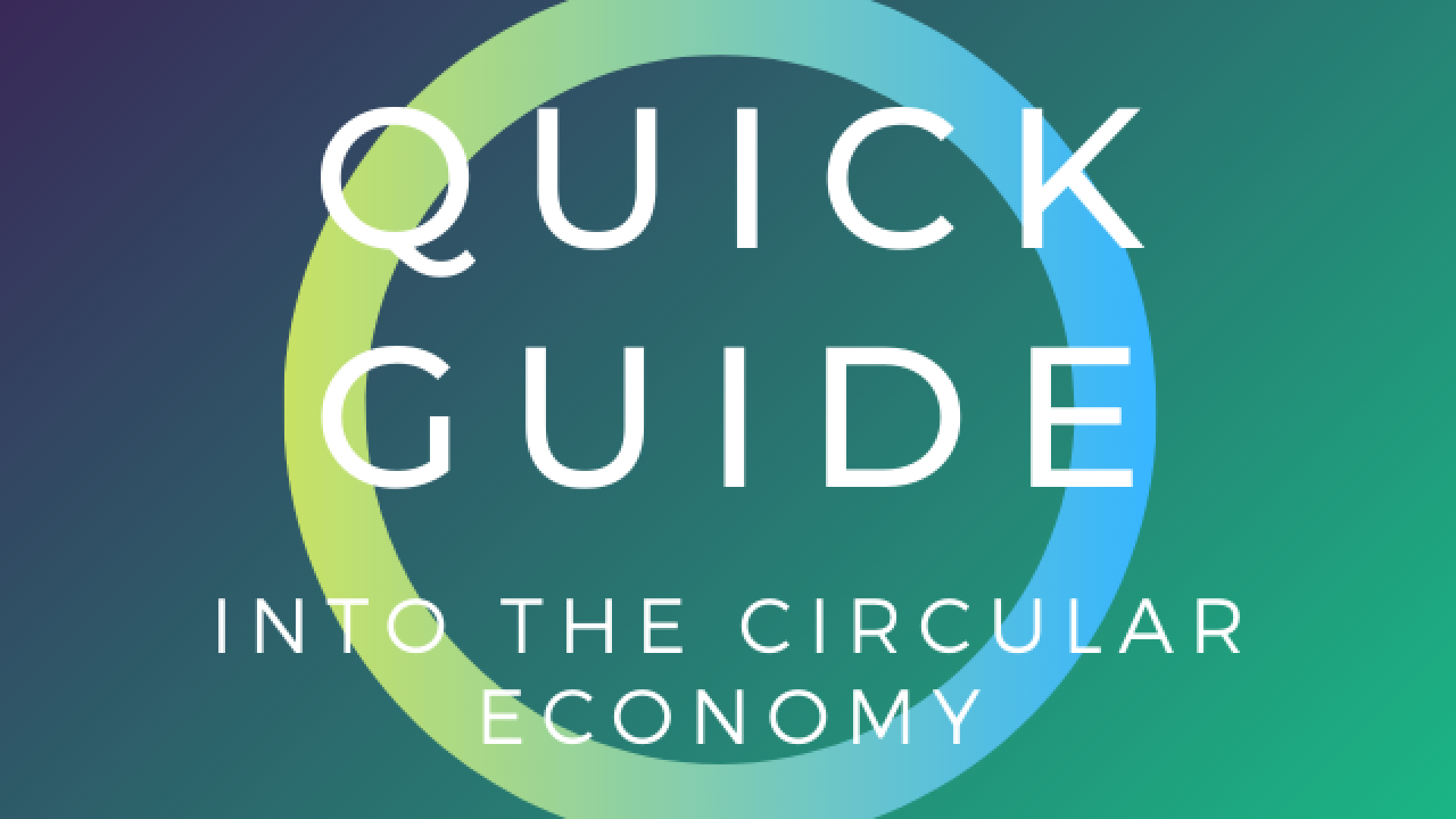
Quick guide into the circular economy
HOW 3D CLICK CAN HELP YOU TO BE PART OF THE CIRCULAR ECONOMY
LINEAL ECONOMY vs CIRCULAR ECONOMY
We will be around the planet for many more years but it depends on our actions and decisions how our life quality will be. All species except humans live in a circular approach, meaning that a waste of one specie is the food of another. Yet humans have adapted a lineal approach, we are the only specie that “takes, makes and disposes”. For example, we dispose our old phone to buy the latest one, or we buy a new T-shirt every new season. We have produced more than 8.000 million tons of plastic waste in the last century. We buy more than 480.000 million bottles a year and the Pacific contains 750.000 plastic bits per square meter. This way of living produces a toxic waste to the planet and can’t work long term.
WE NEED TO WORK TOGETHER TO CLOSE THE LOOP
Right now we are designing packaging from a manufacturing perspective but not from a sustainable one. That is to say, in order to build a circular economy we also have to focus on how our packaging is going to be recycled and if recyclers will be able to reduce its waste. Therefore, that means contacting with recyclers, printers, and material providers among others. As you can see, the packaging creation process involves multiple agents from the supply chain: from the agricultors to the recyclers going through the converter, the packaging designer, brands, printers and retailers. All of these agents together provide the required know-how to the packaging process in order to close the loop and create a circular economy.
There are no fully recyclable packagings because the information is not shared between the multiple agents of the supply chain. Moreover, designers are not qualified in eco-design since universities do not prioritize sustainability in their studies. And that is why nowadays designers solve their lack of information paying expensive consultors. This solution is not effective because it doesn’t provide the company a deeper knowledge on sustainability or a long term capacity to transform its way of producing and closing the loop.
SO, HOW CAN WE SHARE OUR KNOW-HOW?
The solution we propose from 3D CLICK in order to help sharing the information between the different agents in the packaging sector is:
- The digitization of the packaging design and validation process. Did you know that it takes more than 6 months to redesign a package and more than 1 year for a fully new designed package? Nowadays we still depend on physical prototypes which have to pass from one hand to another and it is a waste of time, money and resources! Connecting all the multiple agents of packaging in a unique platform and through 3D pack designs makes the process much faster: you can accelerate your selling process from 4 months to only 2 months. 3D CLICK is easy, 3D and in real-time. This is a B2B model which makes the first step into a 4.0 industry of packaging.
- The application of smart eco-design know-how to match data between the multiple agents of the packaging ecosystem. 3D CLICK is a smart connector: we connect material suppliers, product designers, manufacturers, consumers and recyclers in one space. This way, you get all the knowledge you need through one platform and you close the loop together,
